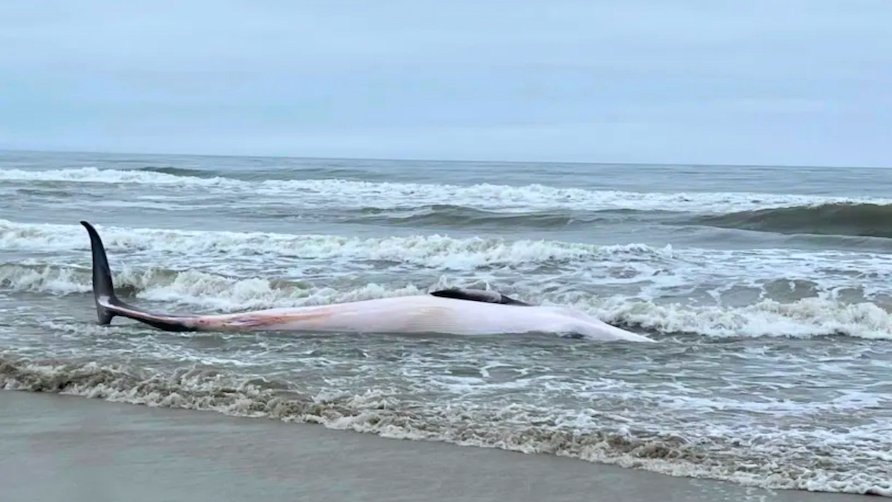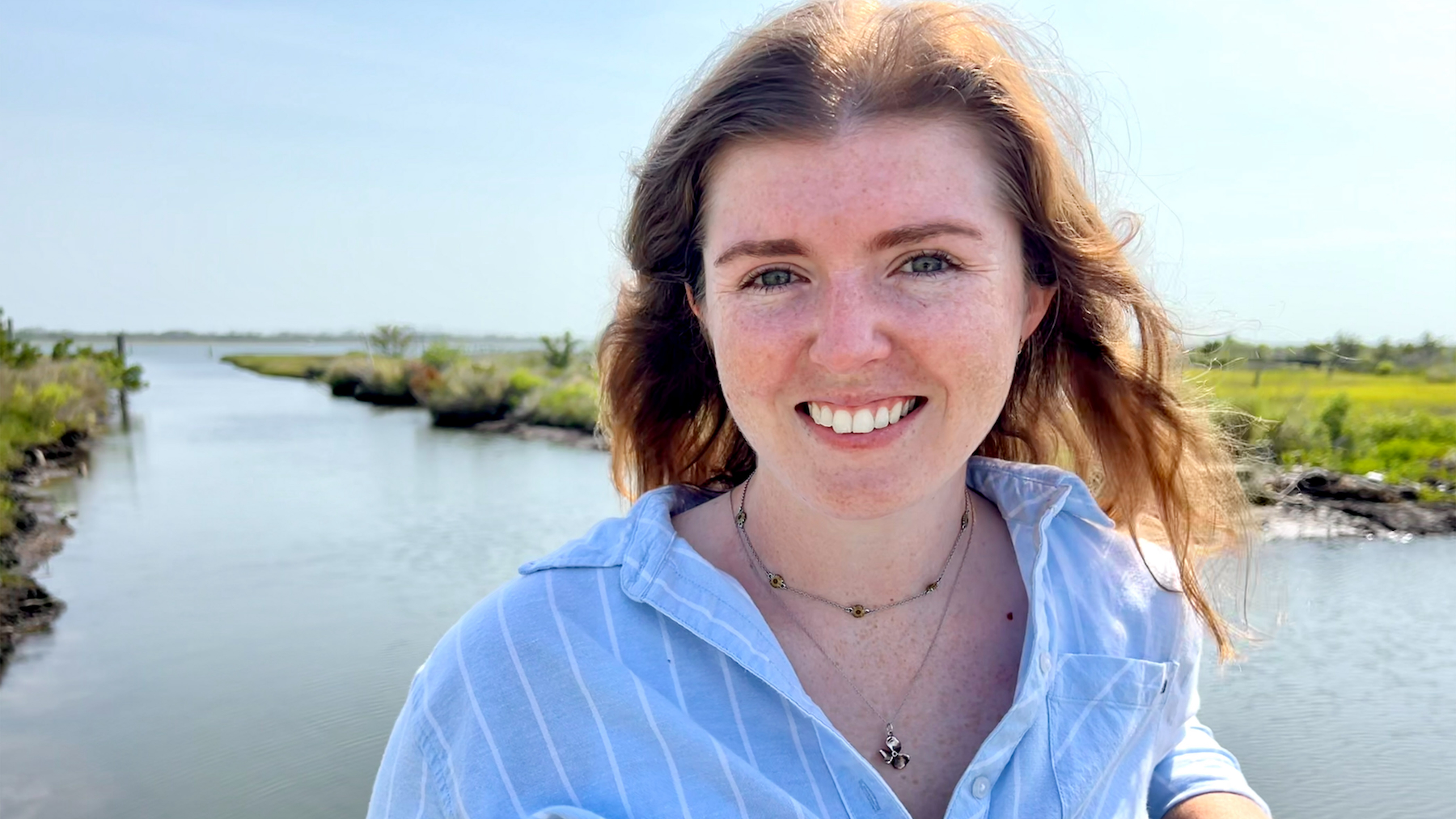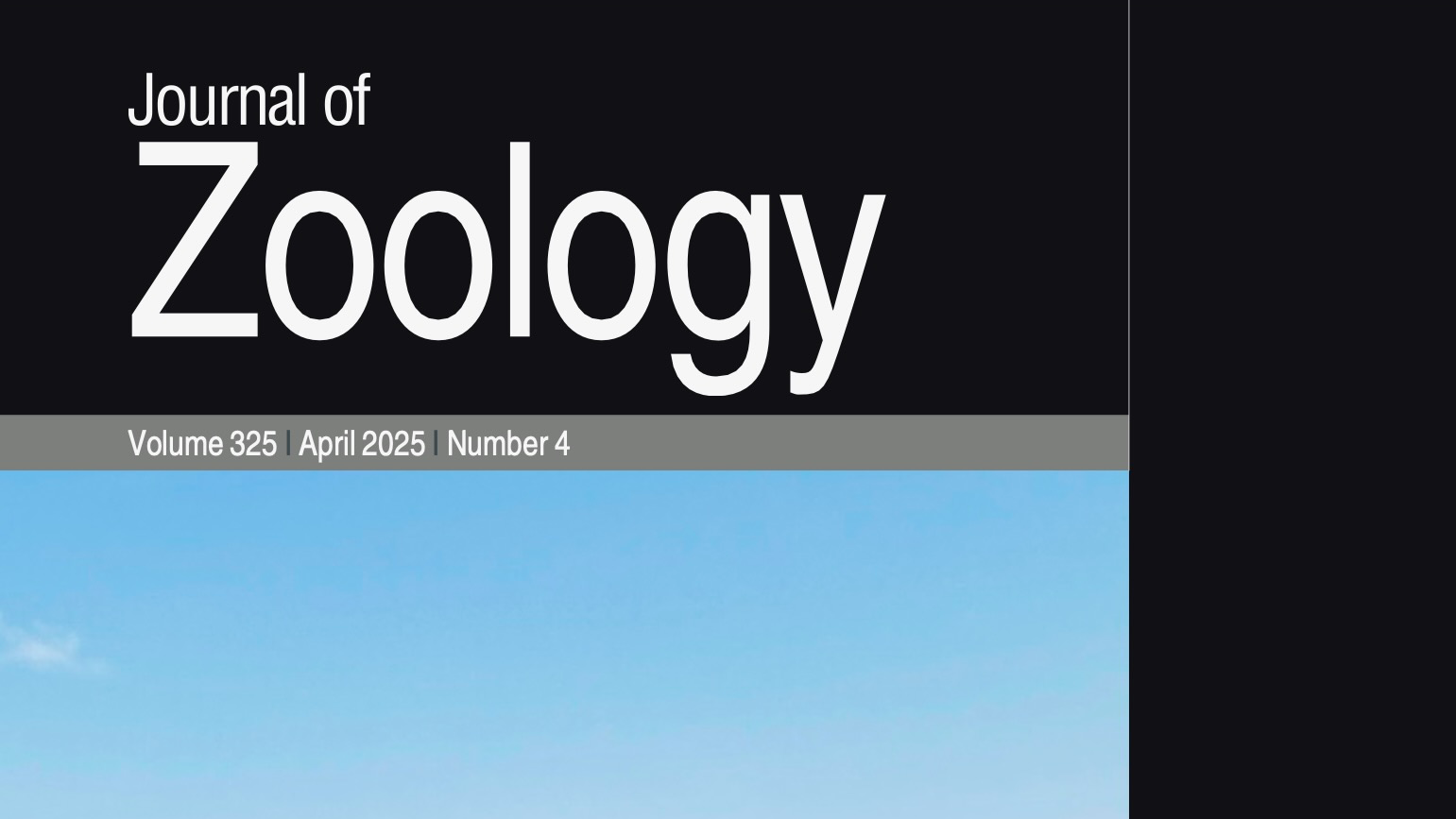CMAST Staff Participate in Minke Whale Necropsy

A deceased 26-foot female minke whale recently stranded on Corolla Beach in the upper outer banks of North Carolina. A team of scientists from the NC State Center of Marine Sciences and Technology (CMAST), the NC Division of Marine Fisheries, UNC Wilmington, and the North Carolina Aquarium performed a necropsy directly on the beach, as the whale was too large to move.
Unfortunately, there are between 80-100 marine mammal strandings per year along North Carolina beaches, with strandings on the rise. Despite an ongoing debate, however, the National Oceanic and Atmospheric Administration (NOAA) says there is no evidence that offshore wind development/turbine use is causing these strandings or deaths. Marine mammals can strand and die due to both human and natural causes. Human causes are usually from ship strikes, fishing gear entanglement, and plastic pollution. Natural causes can include diseases, predation (sharks) and marine mammals killing other marine mammals, old age, birthing difficulties, or pregnancy complications.
Immediate necropsy results of this particular minke whale did not yield any evidence that it died from human causes, and although the whale did show findings of a bacterial infection, more research and testing will be necessary before a cause of death can be determined.
To do your part in reducing marine mammal strandings and deaths, avoid using plastics and balloons that could pollute the sea. Also, if you fish, keep track of your gear and recycle monofilament line – for example, you can recycle your line at receptacles on the Morehead City Waterfront. If you come across a marine mammal that is stranded in central coastal NC, report it immediately to 252-241-5119.


